Signs of Unresolved Childhood Trauma in Adults
Childhood trauma can deeply affect adult life. Many adults may not recognize how unresolved issues from their childhood influence their behaviors, relationships, and mental health. Understanding the signs of unresolved childhood trauma is the first step in addressing and healing these lingering effects.

What Is Childhood Trauma?
Childhood trauma refers to distressing events experienced during early years, such as emotional abuse, physical abuse, or sexual abuse. These events can leave lasting effects on emotional and physical health. Adverse childhood experiences (ACEs) may include childhood abuse, witnessing violence, or surviving natural disasters.
Common Signs of Childhood Trauma in Adults
Unresolved childhood trauma can manifest in various ways. Adults may experience:
Emotional numbness: Difficulty feeling emotions or connecting with others.
Intense mood swings: Sudden shifts in emotional states.
Chronic stress: Persistent feelings of unease or tension.
Panic attacks: Sudden episodes of overwhelming fear.
Low self-esteem: Struggling with self-worth.
Intrusive memories: Flashbacks of traumatic events.
Behavioral Patterns Linked to Childhood Trauma
Unhealthy coping mechanisms often emerge as a way to manage unresolved pain. These may include:
Substance abuse: Using drugs or alcohol to dull emotional pain.
Self-destructive behaviors: Actions that harm physical or emotional well-being.
Unhealthy relationships: Struggling to form healthy relationships due to trust issues.

The Psychological Impact of Repressed Childhood Trauma
Repressed childhood trauma can lead to significant mental health challenges, such as:
Post-traumatic stress disorder (PTSD): Recurring nightmares or flashbacks from traumatic memories.
Anxiety disorders: Persistent worry or fear.
Borderline personality disorder: Difficulty with emotional regulation and relationships.
Physical Effects of Unresolved Trauma
Trauma does not only affect mental health. Adults with childhood trauma often face:
Chronic pain: Unexplained aches that may stem from chronic stress.
Physical health issues: Conditions such as hypertension or autoimmune diseases.
Why Emotional Abuse Matters
While physical scars are visible, emotional abuse can leave deep, hidden wounds. Signs of childhood trauma stemming from emotional neglect include intense fear, overwhelming emotions, and difficulty trusting others.
Coping Mechanisms for Trauma in Adults
Adults often develop coping skills to manage unresolved feelings. Healthy coping strategies include:
Seeking help from mental health professionals.
Engaging in cognitive processing therapy or exposure therapy.
Practicing mindfulness and stress-reduction techniques.
The Role of Mental Health Services
Reaching out to a mental health center can provide essential support. Therapies such as eye movement desensitization and counseling are effective in treating trauma.
How Childhood Trauma Affects Relationships
Adults with unresolved trauma may struggle to:
Maintain healthy relationships.
Recognize toxic or unhealthy relationships.
Build a fulfilling life with others.
Steps to Heal Unresolved Childhood Trauma
Healing starts with identifying the problem. If you recognize signs of trauma in yourself, consider:
Consulting a mental health professional.
Exploring treatments like cognitive processing therapy.
Building healthier coping strategies.
Conclusion
Unresolved childhood trauma can disrupt adult life, but healing is possible. By recognizing the symptoms and seeking support, you can address the effects of traumatic childhood memories and work toward a healthier future.
For professional help, visit Adolescent Mental Health. Their team provides comprehensive care to address mental health concerns stemming from childhood trauma.











